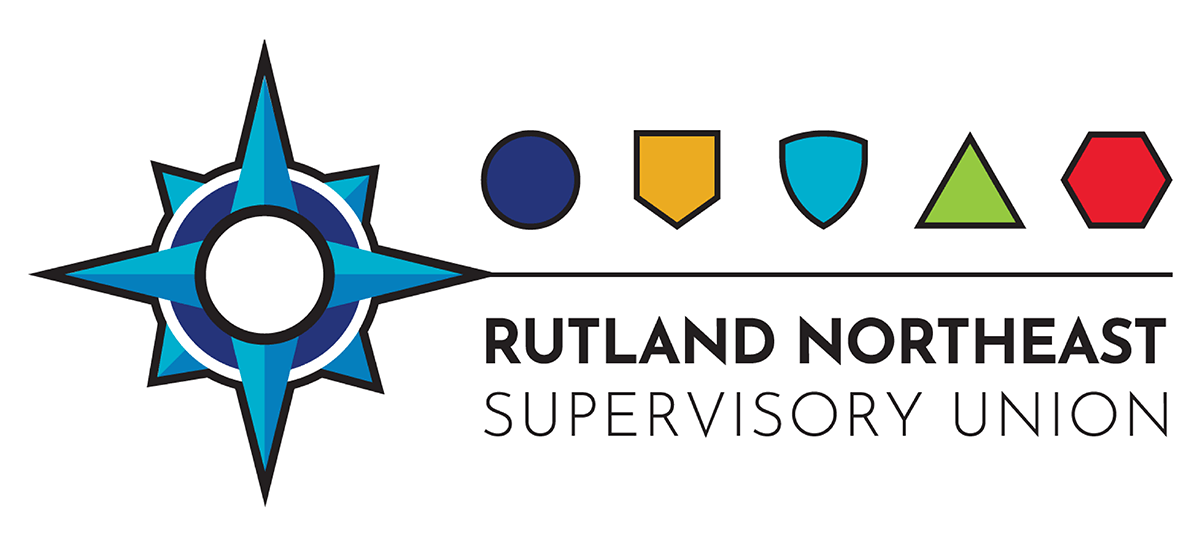We welcome public comment and feedback on our COVID Recovery Plan efforts.
Please click here to share your thoughts, questions and concerns.
Confirmation letter from AOE indicating RNESU passed ESEA Maintenance of Effort - June 4, 2024
RNESU Illness Protocol and COVID Testing Updates
Guidance from the Health Department and the Agency of Education was updated on August 10, 2022. The memo highlighted the incredible efforts of our school nurses throughout the pandemic to help keep students and staff healthy. As we continue to shift our thinking from a pandemic to endemic state, treating COVID-19 similarly to the flu, we also need to shift our illness response protocols and testing practices, in alignment with Vermont Agency of Education guidance. For our District, this means we are planning for in person teaching and learning without restrictions. I want to note that we continue to be a mask optional District and it is important to be respectful of students and staff who choose to wear masks.
The current RNESU Illness Protocol and testing options reflect these recommendations and can be found on the district’s website. RNESU will no longer be notifying school communities when a COVID positive case is reported or identified in one of our buildings. When a student/staff member presents with symptoms, the decision to test, return to class or send an individual home will rely on our school nurses’ professional clinical decision-making and judgment. Students/staff do not need to test in order to return to school following illness.
The Vermont Agency of Education (AOE) will continue to provide tests, when requested, for RNESU nurses to manage and use at their discretion, again based on their clinical decision making. Any changes to our COVID response will be communicated on the District website under Covid Planning & Recovery as well as through individual school newsletters. RNESU will not be providing updates in newsletters unless there is a significant change to the guidance. If you have any questions, please contact your student's school nurse.
Please read through this webpage for information about ESSER and to find important next steps for providing feedback on RNESU's proposal for how to spend ESSER III funds.
